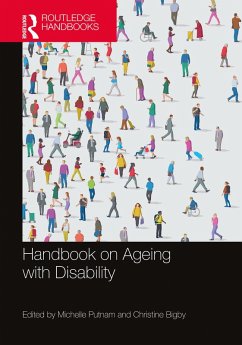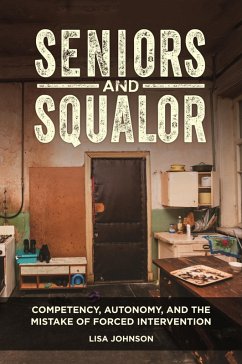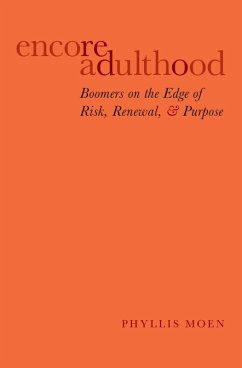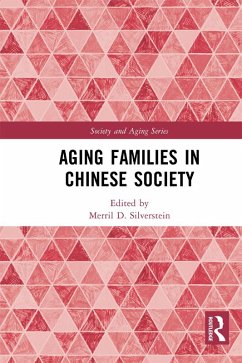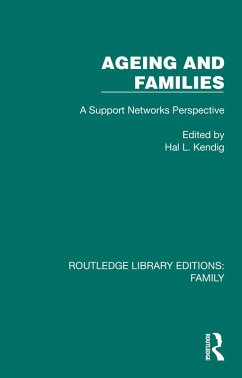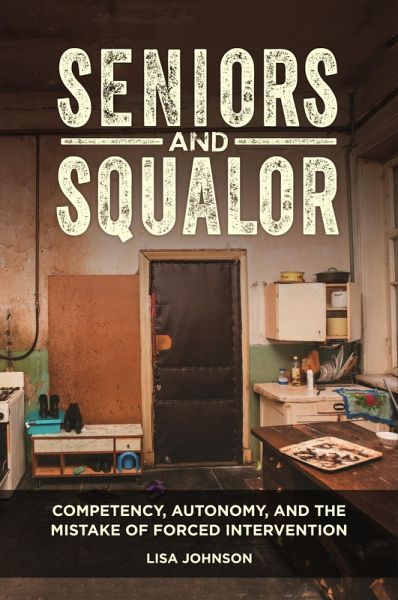
Seniors and Squalor (eBook, ePUB)
Competency, Autonomy, and the Mistake of Forced Intervention
Versandkostenfrei!
Sofort per Download lieferbar
34,95 €
inkl. MwSt.
Weitere Ausgaben:

PAYBACK Punkte
17 °P sammeln!
This book will help readers to better understand and address a strange social phenomenon: the apparent choice by some seniors to live in squalor. Seniors and Squalor examines the widespread and growing phenomenon of mentally competent senior citizens living in self-imposed squalor and refusing help, whether from health care professionals, government, or family. At this juncture of medicine and law, many families have experienced frustration, embarrassment, and heartbreak. The book also explores associated ethical questions, arguing that society can address the problem while respecting individu...
This book will help readers to better understand and address a strange social phenomenon: the apparent choice by some seniors to live in squalor. Seniors and Squalor examines the widespread and growing phenomenon of mentally competent senior citizens living in self-imposed squalor and refusing help, whether from health care professionals, government, or family. At this juncture of medicine and law, many families have experienced frustration, embarrassment, and heartbreak. The book also explores associated ethical questions, arguing that society can address the problem while respecting individual legal autonomy. For the theorist, this work provides the first in-depth treatment of legal and political theory questions undergirding the issue of self-neglect by seniors. It also underscores the importance of limited government, the necessity of granting American citizens their individual rights, and the critical need to stop classifying self-neglect as abuse. This is an ideal read for graduate and undergraduate students, scholars, practitioners of health care and geriatrics, social workers, and lawyers. Most importantly, this book will appeal to those directly affected by the problem-family, friends, and social work professionals-by giving them a broader understanding of this complex social issue and how to best respond to it.





